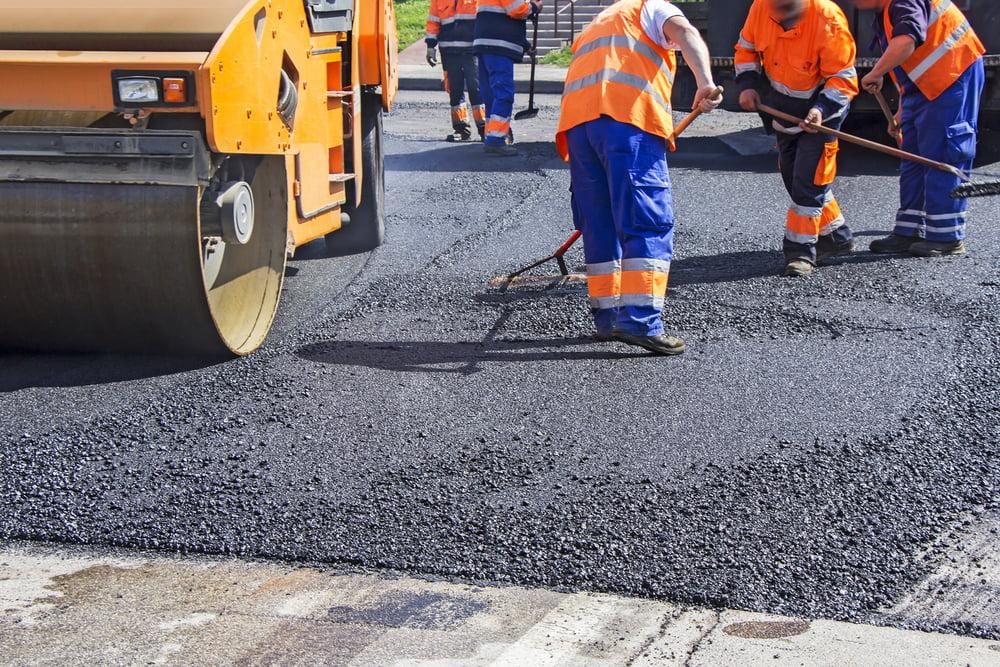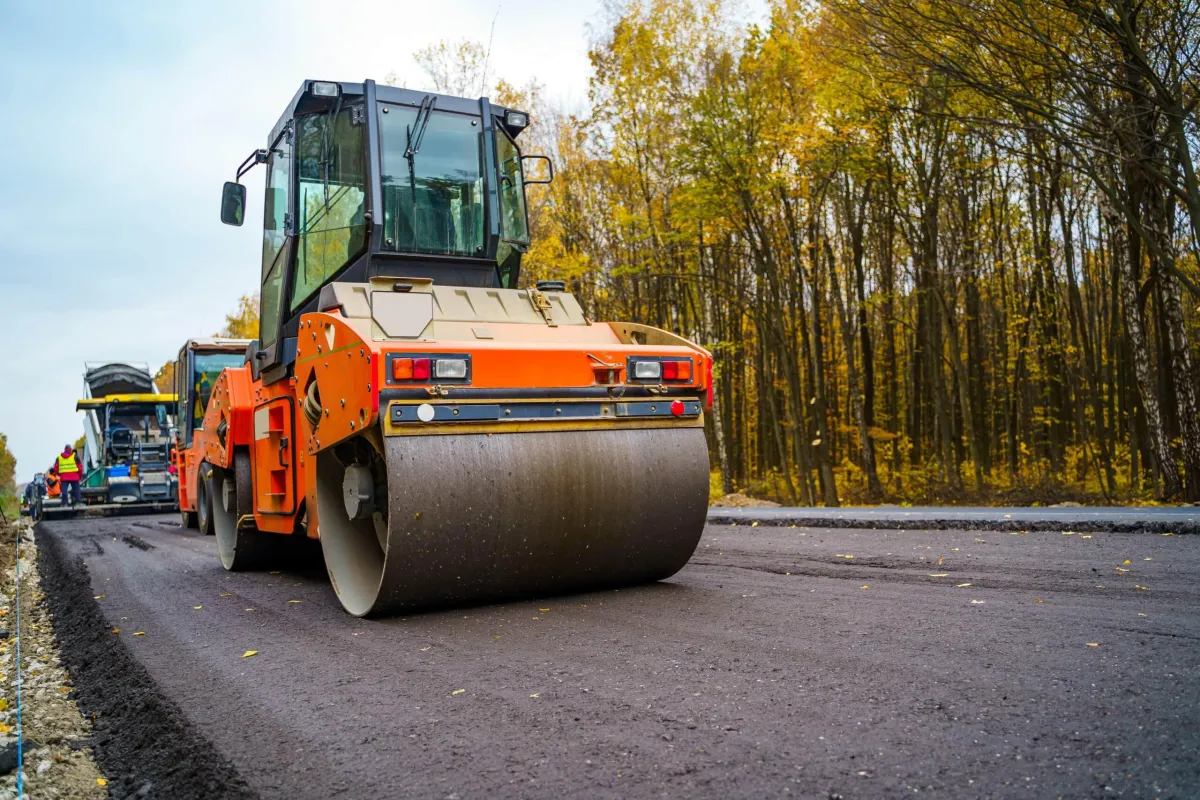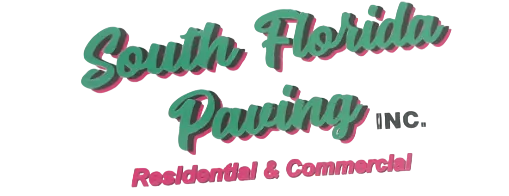
Local Paving Standards in Lake Worth, Florida & Surrounding Areas
Choosing the right paving material is a major decision for property owners in Lake Worth, Florida, and nearby areas such as Boynton Beach, Greenacres, West Palm Beach, Wellington, Palm Springs, Delray Beach, and Riviera Beach. Local paving standards under Palm Beach County regulations ensure that every project—from driveways to parking lots—meets the area’s safety, drainage, and durability requirements. Understanding the local climate and construction codes helps homeowners and businesses choose between asphalt and concrete for long-lasting, compliant pavement.
What’s the Difference Between Asphalt and Concrete Paving?
The main difference lies in how each material performs. Asphalt, made from aggregates and bitumen, provides flexibility and a smooth black surface that adapts well to Florida’s heat. Concrete, on the other hand, is a rigid mix of cement, sand, and gravel that offers strength and longevity. Both materials must be installed over a properly compacted base with adequate drainage to prevent cracking or early surface wear in Lake Worth’s tropical conditions.
Which Paving Option Best Fits Your Budget in Lake Worth?
For those seeking affordability and quick installation, asphalt is the top choice. It costs less to install and is easier to repair, which appeals to homeowners in Lake Worth, Boynton Beach, and Greenacres. Concrete, while more expensive initially, provides a longer lifespan and requires less frequent maintenance—making it ideal for high-traffic commercial properties in West Palm Beach and Wellington.
How Does Lake Worth’s Climate Affect Asphalt and Concrete?
The hot, humid, and rainy climate of South Florida greatly influences pavement durability. Asphalt can soften during extreme heat but remains flexible, preventing cracks. Concrete resists UV damage better but can expand and crack if not sealed correctly. To stay in line with local paving standards, asphalt should be seal coated every two to three years, and concrete joints should be sealed regularly to protect against moisture and sun exposure.
Which Paving Type Lasts Longer in Palm Beach County?
Concrete generally outlasts asphalt when properly maintained. It can endure up to four decades in Lake Worth’s environment, while asphalt typically lasts 15–20 years before resurfacing is needed. Asphalt’s benefit lies in its quick repairs and adaptability, making it ideal for homeowners and small businesses in Greenacres and Palm Springs who want cost-effective yet reliable pavement.
How Much Maintenance Does Each Material Require?
Both materials need consistent care to meet Palm Beach County’s standards. Asphalt should be resealed every few years to protect against water and UV damage, while concrete benefits from occasional power washing and crack filling. Regular maintenance prevents potholes, improves appearance, and helps surfaces in areas like Wellington and Delray Beach last longer without major repairs.
Which Material Enhances Property Appearance Best?
Concrete offers more design versatility and can be colored, textured, or stamped to complement homes across Lake Worth and Riviera Beach. Many property owners prefer decorative concrete for its modern aesthetic. Asphalt provides a clean, professional black finish that suits parking lots and driveways where uniformity and practicality are priorities. Both materials can enhance curb appeal when installed by local professionals.
What Do Local Paving Standards Require for Thickness and Base Preparation?
Under Palm Beach County guidelines, residential driveways typically require about three inches of asphalt or four inches of concrete, while commercial parking lots may need up to six inches for added strength. A compacted sub-base and proper grading are mandatory before paving to prevent water pooling and cracking. Meeting these standards ensures lasting performance and compliance with local inspection requirements.
How to Choose the Right Licensed Paving Contractor in Lake Worth?
Selecting a licensed, insured paving company familiar with Lake Worth and Palm Beach County codes is crucial. A knowledgeable contractor will evaluate soil, slope, and drainage before beginning work, ensuring your pavement meets all engineering standards. Choosing a local expert means faster permitting, fewer issues, and a finish that stands the test of time across Boynton Beach, Greenacres, and surrounding towns.
Final Thought
Following Lake Worth’s local paving standards ensures your driveway or parking lot remains durable, safe, and visually appealing for years. Asphalt offers affordability and flexibility, while concrete delivers long-term strength and customization. Whether you’re improving a residential property in Boynton Beach or a commercial site in West Palm Beach, partnering with a trusted local paving expert guarantees compliance, quality, and a surface built to last.

Do I need a permit for paving in Lake Worth, FL?
Yes, most paving projects in Lake Worth and Palm Beach County require a permit, especially for new driveways or commercial surfaces. Your contractor usually handles the paperwork and inspection process.
How long does it take to install a new asphalt driveway?
Asphalt installation is fast—most projects in Lake Worth are completed within one to two days and can be used after 24–48 hours of curing. Concrete projects take longer to set, often about a week.
How often should I reseal my asphalt driveway in Lake Worth?
It’s recommended to reseal asphalt surfaces every two to three years to protect against Florida’s intense sun and rainfall. Sealcoating helps maintain smoothness and extend pavement life.
Can decorative concrete meet local paving standards?
Yes, decorative concrete such as stamped or colored finishes can fully comply with Lake Worth’s standards if installed with proper thickness, reinforcement, and drainage preparation.
What’s the best paving choice for commercial properties in Palm Beach County?
Concrete is preferred for heavy-traffic commercial areas due to its durability and minimal maintenance needs. However, asphalt remains a practical, cost-effective option for large parking areas or access roads.
